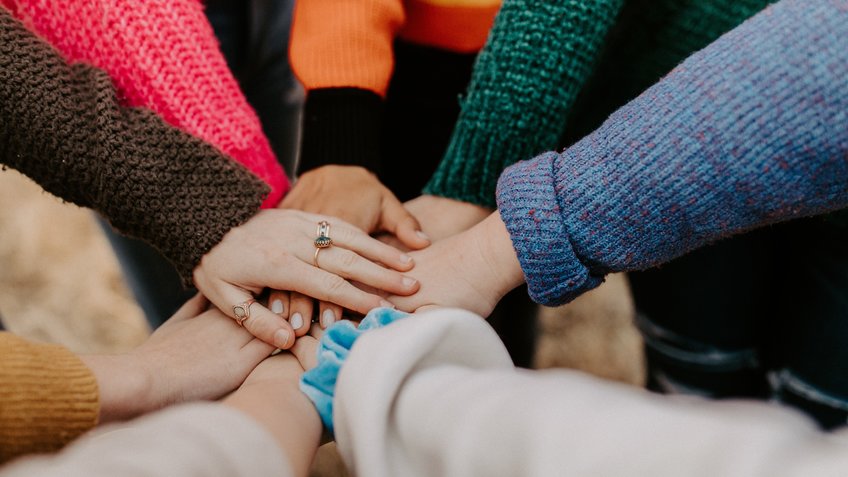
The Core Tendencies Underlying Individual Differences in Prosocial Behavior
Why are some people willing to help others but other people are (rather) not? Why do some people prefer to cooperate with others whereas others are willing to exploit their interaction partners for personal gain? The project “The core tendencies underlying individual differences in prosocial behavior,” which is funded by the German Research Foundation (DFG), addresses these and related questions.
Previous research in psychology and beyond has exclusively tackled individual differences in prosocial behavior by studying the nexus between single personality traits with different prosocial behaviors (e.g., helping, cooperation). A more systematic understanding that assesses exactly which (classes of) traits account for prosocial behavior in which (classes of) social situation is, however, lacking. Our project aims to close this gap by identifying the “core tendencies” (i.e., the shared, underlying dispositional cores of conceptually related traits) that can account for individual variation in prosocial behavior across various situations. To this end, the project builds on theoretical assumptions about the interaction between person and situation characteristics in explaining prosocial behavior and resorts to diverse, innovative methods to measure and model prosocial tendencies. The overarching goal of the project is to provide a strong theoretical basis for future research on individual differences in prosocial behavior and advance our understanding of human prosociality in various ways.
| Research output: | One dissertation, scientific articles, conference contributions |
|---|---|
| Project language: | English |
| Photo: | © Hannah Busing/Unsplash |










